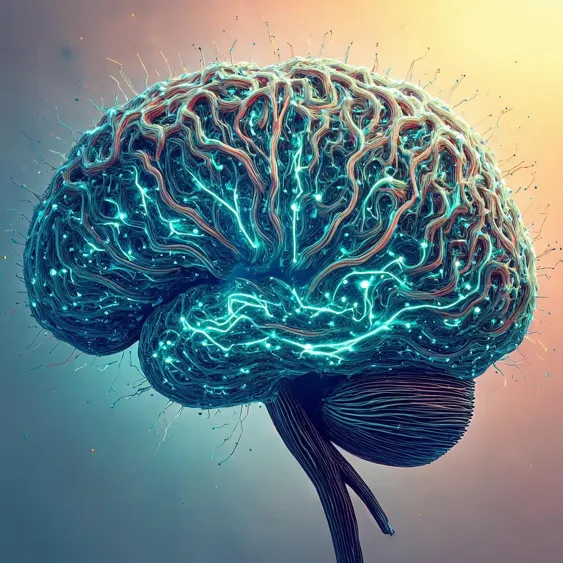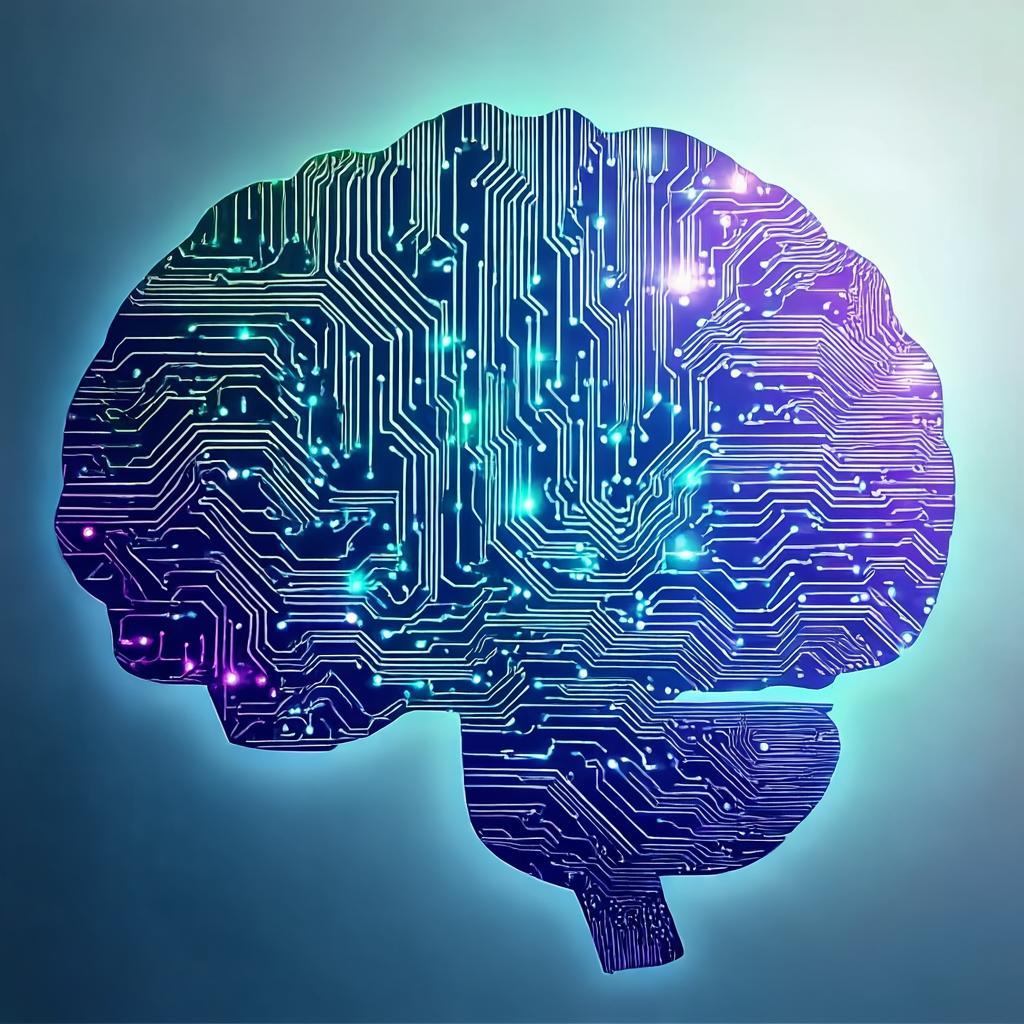Neuralink's Advances: A Leap in Communication Future

The recent breakthrough by Neuralink, a company co-founded by Elon Musk, marks a significant step forward in the realm of brain-computer interfaces (BCIs). This technology allows individuals to communicate and control devices through thoughts alone, a concept that seemed like science fiction just a few decades ago. With the successful implantation of a Neuralink chip in a paralyzed woman, Audrey Crews, who has been unable to move for 20 years due to a car accident, we see not just a technical achievement but the potential to fundamentally change lives. This development raises critical questions about the intersection of technology and humanity, making it a topic ripe for discussion and exploration.
Neuralink's N1 chip, about the size of a coin, was implanted into Crews's motor cortex, enabling her to literally write her name using only her thoughts. This is reminiscent of the way a skilled musician might play a symphony, but instead, here we have a woman composing her own narrative after years of silence. Beyond writing, she has begun to paint and control a computer cursor, showcasing the potential for creativity and expression among individuals who have been previously rendered voiceless. In a broader context, Neuralink also has ambitious projects aimed at restoring vision to the blind, with a vision of developing ‘superhuman’ sight. Such advancements suggest that we are on the cusp of a new era in neurotechnology, reshaping our interaction with the digital world and each other.
As we celebrate these advancements, it’s vital to consider the ethical implications of BCIs. The benefits of enhancing communication and mobility for those who struggle with disabilities are clear. However, we must also ask: what are the potential risks involved? Will these technologies create a new divide between those who can afford such enhancements and those who cannot? As we stand on the brink of what could be a radical transformation of human experience, one thing is certain—understanding and addressing these questions will be as crucial as the technology itself.
Read These Next

Gulf Invests in AI as the 'New Oil'
This article discusses the Gulf nations' strategic pivot to artificial intelligence as a means of economic diversification away from oil dependence, with implications for global technological alliances.

U S Faces Worst Measles Outbreak in Decades
The US faces its worst measles outbreak in 25 years due to lower vaccination rates, urging public compliance for immunity.

Neuralink's Leap Forward in Brain-Computer Interfaces
A commentary on a groundbreaking achievement in brain-computer interface technology involving a woman who was able to write her name after 20 years of paralysis, highlighting its scientific significance and societal implications.
